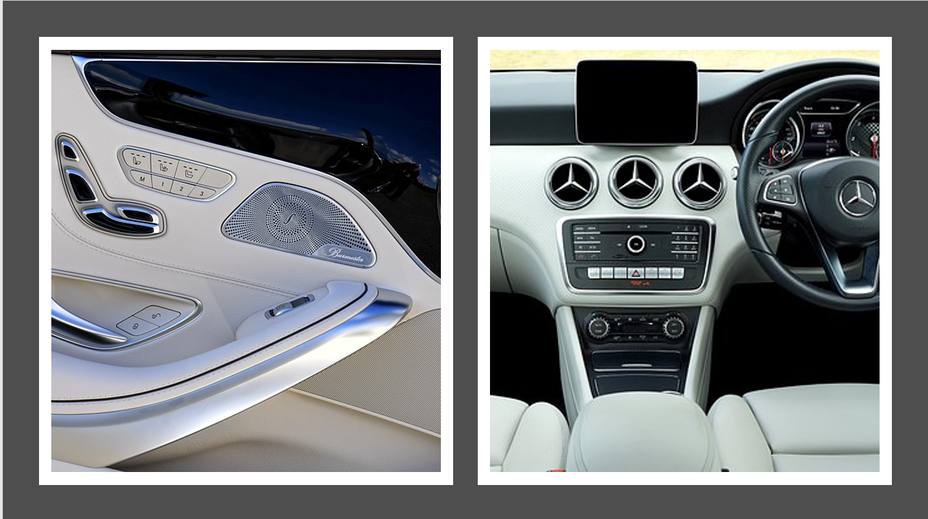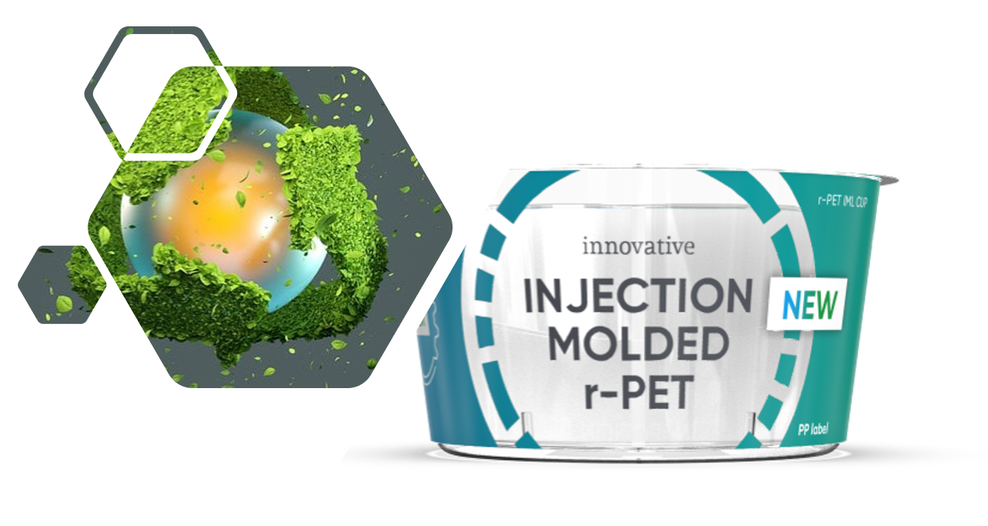April 15, 2023
Compression Molding Technology Gaining Traction in the Automotive Industry
Various automotive interior suppliers are looking to take advantage of Weave3D's compression molding technology starting with a project to study the manufacturing feasibility and mechanical performance of lattice reinforced natural fiber polypropylene (NFPP) Panels. The enhanced material is expected to be used in range of automotive applications. International automotive interiors supplier Antolin is a collaborator on the project, and the firm is excited to see how weave3D's lattice technology can enhance their NFPP components. Antolin hopes that the Weave3D enhancements will reduce the weight of their components and by consequence improve the overall sustainability of these parts by reducing material waste and CO2 emissions. Weave3D's compression molding technology allows them to offer a variety of enhancements for automotive interiors. German firm Polyvlies, a supplier of nonwoven materials for auto interiors is also looking to take advantage of Wave3D's compression molding tech and praise its adaptability and design flexibility. Polyvlies's nonwoven materials have been used on a commercial scale by various auto brands such as Jaguar, Mercedes Benz, BMW, and Volkswagen. Learn more here.
April 30, 2023
Breakthrough; Thin-Walled rPET Cups Can Now be Injection Molded
Breakthrough; Thin-Walled rPET Cups Can Now be Injection Molded
Packaging and molding industry leaders Greiner Packaging, Brink Group, and Engel Teamed up to achieve a remarkable breakthrough in plastics engineering. After a long and intense development stage the companies developed a process to Injection mold thin- walled rPET cups;
setting the ground work for a more sustainable circular economy. Before this discovery thin walled cups such as those used to store yogurt and other packaged goods were produced using virgin polypropylene (PP), a process which created 4 times the carbon dioxide emissions. The new rPET cups are perfect for filling lines, are sealable, and the fabrication process offers significant carbon dioxide savings. But the best part is that the cups are made of 100% recycled PET(rPET) and they are fully recyclable after use as well. The quality of the new cups is not compromised either, the injection molded cups have even wall thickness and have a high quality appearance. This breakthrough is incredibly innovative and it is an important step towards packaging sustainability. Learn more here.
setting the ground work for a more sustainable circular economy. Before this discovery thin walled cups such as those used to store yogurt and other packaged goods were produced using virgin polypropylene (PP), a process which created 4 times the carbon dioxide emissions. The new rPET cups are perfect for filling lines, are sealable, and the fabrication process offers significant carbon dioxide savings. But the best part is that the cups are made of 100% recycled PET(rPET) and they are fully recyclable after use as well. The quality of the new cups is not compromised either, the injection molded cups have even wall thickness and have a high quality appearance. This breakthrough is incredibly innovative and it is an important step towards packaging sustainability. Learn more here.


